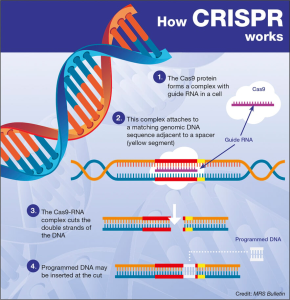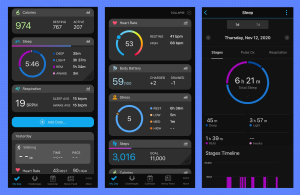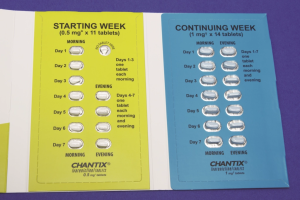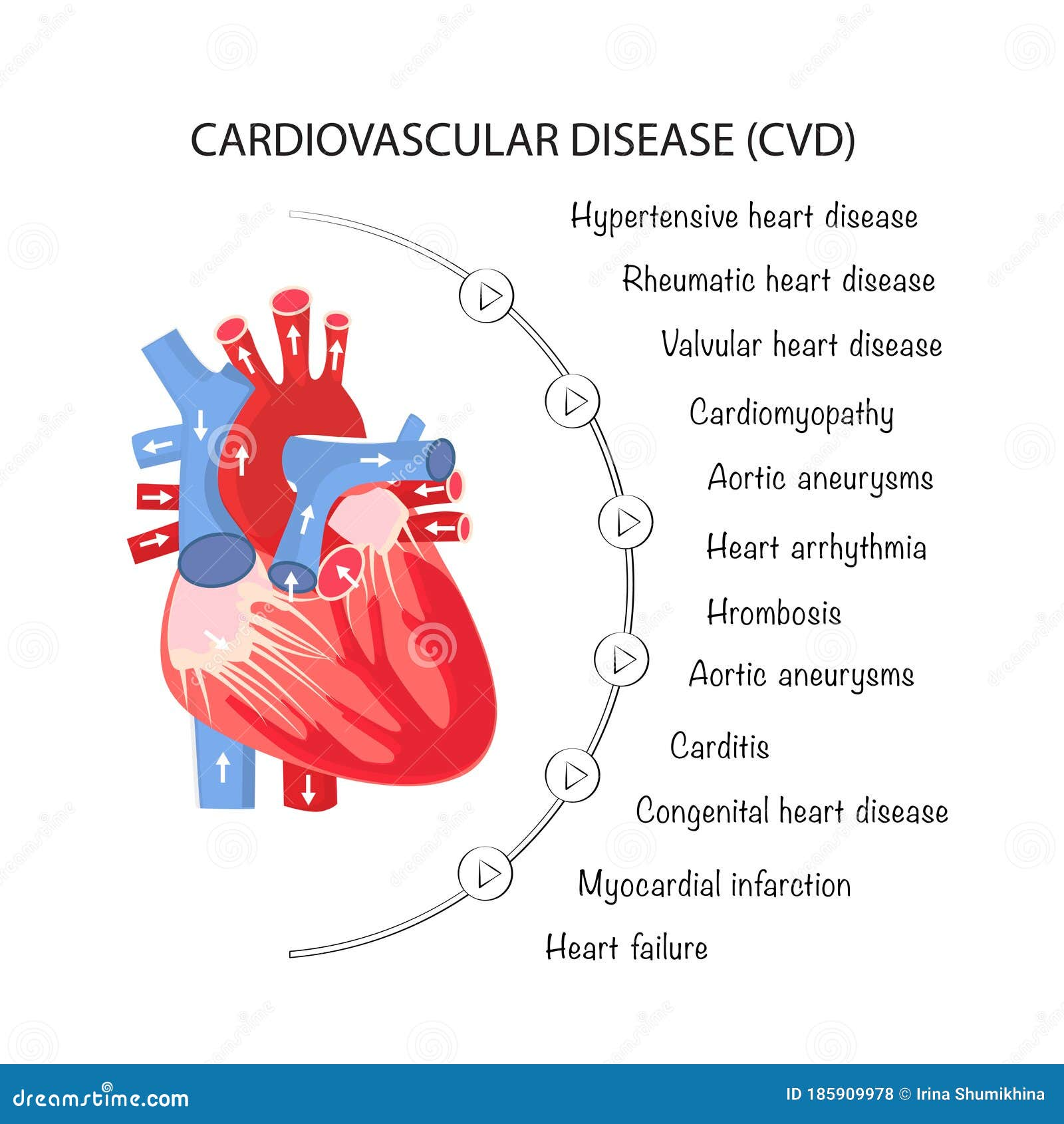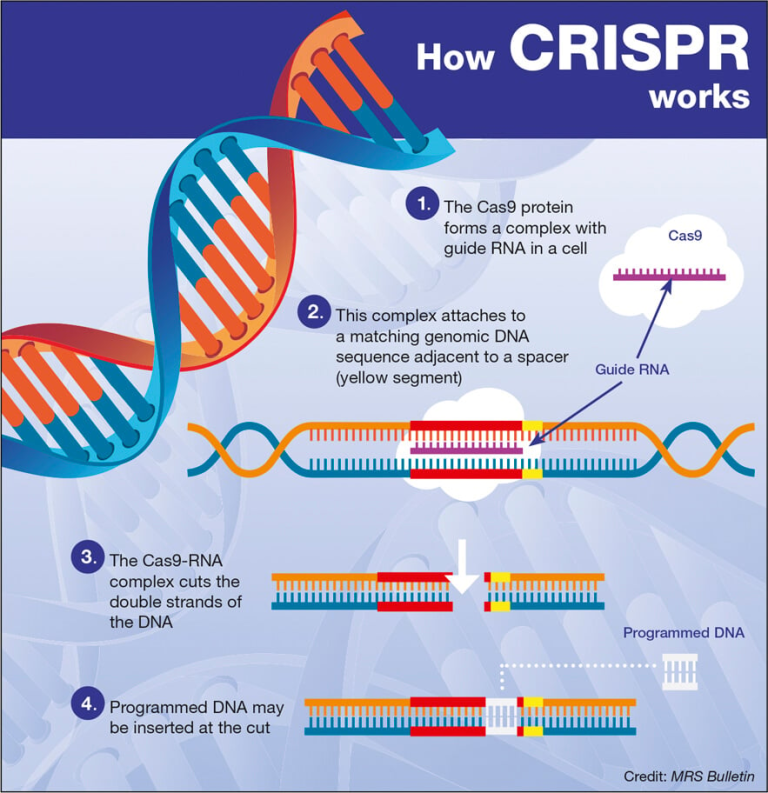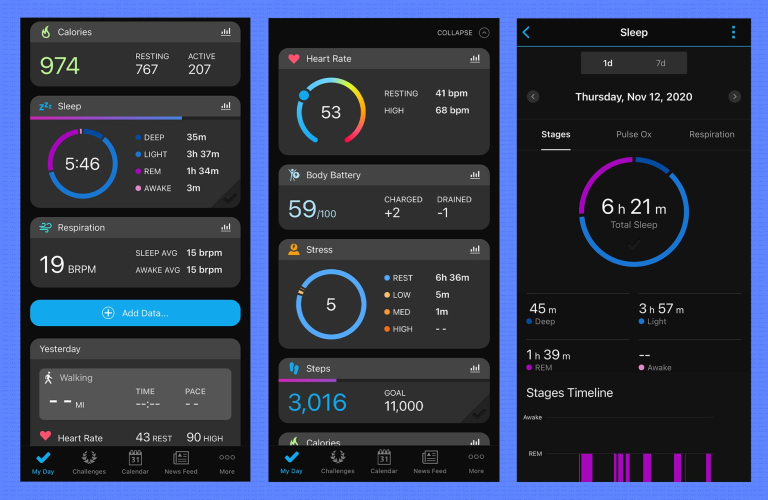Cardiovascular disease remains a pressing health concern, representing the leading cause of mortality in the United States. Awareness about heart disease prevention is crucial, as many individuals remain unaware of the threats posed by high LDL cholesterol and poor cardiovascular health. Fortunately, advancements in medical technology and preventative strategies offer pathways to combat this pervasive condition. From effective cholesterol management to enhancing heart disease awareness, health experts are advocating for a more proactive approach in recognizing risk factors early. By prioritizing cardiovascular health from a young age, individuals can significantly reduce their risk and contribute to improved wellness across communities.
Heart disease, often referred to as the silent killer, encompasses a range of conditions including coronary artery disease and heart attacks. This term is critical in understanding the spectrum of issues affecting the heart and blood vessels and emphasizes the importance of proactive care. With rising LDL cholesterol levels and a lack of awareness regarding preventive measures, it’s essential to shift societal attitudes towards heart health. By recognizing signs early and embracing lifestyle changes, we can significantly lower the risks associated with heart disease. Engaging in heart health discussions encourages individuals to take charge of their well-being, paving the way for healthier generations.
Understanding Cardiovascular Disease: The Silent Killer
Cardiovascular disease (CVD) is often referred to as a silent killer due to its ability to develop over time without any clear symptoms. Despite being the leading cause of death in the United States, the urgency with which many treat heart disease pales in comparison to reactions towards diseases like cancer. This misconception can lead individuals into a false sense of security, allowing risk factors such as high cholesterol to go unmanaged for too long. Patients are often more vigilant about cancer screenings and treatments compared to cardiovascular health, resulting in avoidable adverse outcomes that could be addressed through proactive measures.
It is vital to understand that cardiovascular health is not just a concern for the elderly or those who already have symptoms. Knowledge about one’s heart health, particularly cholesterol levels including LDL cholesterol, blood pressure, and lifestyle choices, is fundamental. By engaging in heart disease prevention strategies, individuals can reduce their risk significantly. Early intervention, informed discussions with healthcare professionals, and a commitment to lifestyle changes can be pivotal steps in combating this deadly disease.
Heart Disease Prevention: Key Strategies for a Healthier Life
Effective heart disease prevention centers around lifestyle modifications and routine health assessments. One essential strategy is managing cholesterol levels, especially that of LDL (low-density lipoprotein) cholesterol, known as the ‘bad’ cholesterol due to its link to heart disease. Regular check-ups and screenings are critical for early identification of high cholesterol levels and other risk factors contributing to cardiovascular disease. Making dietary adjustments such as reducing saturated fats and integrating more fiber can play an impactful role in lowering cholesterol and preventing heart disease.
Another significant component of heart disease prevention is raising awareness about the importance of physical activity and maintaining a healthy weight. Engaging in regular exercise helps manage body weight, improves heart health, and can also positively affect cholesterol levels. Moreover, programs that promote heart disease awareness educate individuals on the risks associated with inactivity and poor diet. Those who start these healthy habits early can establish lifelong patterns that lead to enhanced cardiovascular health and a reduced risk of heart conditions.
The Importance of Cholesterol Management in Heart Health
Cholesterol management is a cornerstone in the dialogue surrounding heart disease prevention. Understanding the different types of cholesterol, particularly LDL cholesterol, is crucial for anyone wanting to maintain their cardiovascular health. High levels of LDL cholesterol can lead to the buildup of plaque in arteries, increasing the risk of heart attacks and strokes. However, many individuals remain ignorant about their cholesterol levels until a serious health event forces them to seek help. Regular blood tests can track cholesterol levels and allow for early intervention.
In recent years, advancements in both medication and dietary management of cholesterol have empowered patients to take charge of their heart health. Statins, for example, have shown to be effective in lowering LDL cholesterol, yet patients often hesitate to start treatment due to fears or misconceptions about their long-term effects. A proactive approach, such as consulting with a healthcare provider about the best management plan tailored to one’s individual risk factors, can result in significant improvements in cardiovascular outcomes.
Raising Awareness About Heart Disease: A Community Responsibility
Heart disease awareness campaigns are essential in combating the prevalence of cardiovascular disease within communities. These initiatives strive to inform the public about risk factors, prevention strategies, and the importance of recognizing symptoms of heart-related issues. By shedding light on how high cholesterol and other risk factors contribute to heart disease, awareness campaigns can motivate individuals not only to learn more about their own health but also to engage in discussions with their healthcare providers about their cardiovascular risks.
Furthermore, communities can benefit from educational programs that emphasize the necessity of regular health screenings. By normalizing conversations around heart health, these efforts can encourage individuals to take preventative measures more seriously. Ultimately, a society fully aware of cardiovascular risks and preventive strategies can lead to a dramatic decrease in heart disease prevalence and associated deaths.
The Role of Technology in Cardiovascular Care
Advancements in technology have introduced significant improvements in cardiovascular care, impacting both prevention and treatment of heart disease. For example, wearable devices that track heart rates, step counts, and other health metrics empower individuals to take a more active role in managing their cardiovascular health. These devices can alert users to concerning changes in their heart health metrics and encourage them to seek guidance from healthcare providers sooner rather than later.
Moreover, the use of AI and telehealth has transformed how patients approach cardiovascular disease management. Through virtual consultations, patients can discuss their cholesterol levels and receive tailored guidance on lifestyle choices from the comfort of their home. This accessibility may lead to greater adherence to preventative measures and medications, contributing positively towards overall public health and heart disease prevention efforts.
Cholesterol Screening: Timing and Importance
When it comes to preventing heart disease, understanding the timeline for cholesterol screening is vital. Ideally, adults should begin routine cholesterol checks by the age of 20 and continue to have them at least every four to six years, depending on their risk factors. Early detection of high LDL cholesterol levels allows for timely implementation of management strategies, potentially preventing the development of more severe cardiovascular conditions.
Many individuals mistakenly believe that cholesterol levels are only a concern for those with a family history of heart disease or previous cardiac events. However, increased awareness regarding personal risk, including lifestyle and dietary influences, is crucial. Comprehensive cholesterol management, initiated with early screening, can help mitigate risks associated with heart disease.
Lifestyle Changes: Keys to Cardiovascular Health
Adopting a heart-healthy lifestyle is fundamental when it comes to preventing cardiovascular disease. Simple changes, such as incorporating more fruits, vegetables, and whole grains into one’s diet, can significantly improve cholesterol levels and overall heart health. Regular physical activity, ideally at least 150 minutes per week, has profound effects on cardiovascular function, helping to manage weight and reduce blood pressure, both of which are important for minimizing the risk of heart disease.
In addition to diet and exercise, managing stress and ensuring adequate sleep are other critical components. Chronic stress can lead to unhealthy coping mechanisms like overeating or neglecting physical activity, while insufficient sleep negatively affects heart health and metabolism. Patients should be encouraged to develop strategies to manage stress effectively, which could include mindfulness, yoga, or other forms of relaxation techniques tailored to their preferences.
Community Support in Cardiovascular Health Initiatives
Community support is instrumental in promoting cardiovascular health and implementing effective heart disease prevention initiatives. Local programs can facilitate group activities, such as exercise classes, health screenings, and workshops on diet modifications, making it easier for individuals to engage in healthier behaviors. These support systems foster collective accountability, encouraging participants to motivate each other to adhere to healthy lifestyles.
Moreover, partnerships between healthcare organizations and community leaders can maximize outreach efforts, ensuring that crucial information about heart disease is disseminated to diverse populations. When communities work together to prioritize cardiovascular health, they create environments where healthier living is accessible, thereby reducing the overall burden of heart disease.
Future Directions in Cardiovascular Disease Management
As innovations continue to emerge in the field of cardiovascular care, it is essential to recognize the potential for improved outcomes in heart health. Integration of new technologies, such as telemedicine and remote monitoring tools, presents exciting opportunities for patient engagement and chronic disease management. The aim is to evolve towards a more preventative approach, wherein patients can receive education and screenings proactively rather than reactively.
Furthermore, future strategies may emphasize personalized healthcare plans that account for individual risk factors, health statistics, and lifestyle inputs. The advancement of machine learning algorithms could play a significant role in forecasting cardiovascular issues before they arise, ensuring that patients receive timely interventions. As we advance in our understanding of heart disease dynamics, the focus on preventative care and improved access to healthcare resources will be crucial in tackling the cardiovascular disease epidemic.
Frequently Asked Questions
What is cardiovascular disease, and how can it be prevented?
Cardiovascular disease (CVD) refers to a group of disorders affecting the heart and blood vessels, including heart disease and stroke. Prevention strategies include adopting a heart-healthy lifestyle with regular exercise, a balanced diet low in saturated fats and trans fats, maintaining a healthy weight, managing stress, and avoiding smoking. Also, regular screening for cholesterol levels, blood pressure, and diabetes can help in early recognition and management.
What role does cholesterol management play in cardiovascular disease prevention?
Cholesterol management is crucial in preventing cardiovascular disease, particularly in controlling LDL cholesterol, known as ‘bad’ cholesterol. High levels of LDL cholesterol can lead to plaque buildup in arteries, increasing the risk of heart attacks and strokes. Regular monitoring, dietary changes, and medications like statins, when necessary, can effectively manage cholesterol levels and reduce cardiovascular disease risks.
How does cardiovascular health affect overall well-being?
Good cardiovascular health is essential for overall well-being as it affects the body’s ability to circulate oxygen and nutrients efficiently. Poor cardiovascular health can lead to serious conditions such as heart disease and stroke, impacting both physical and mental health. Maintaining cardiovascular health through regular exercise, a nutritious diet, and monitored cholesterol levels is vital for a longer, healthier life.
What is the significance of LDL cholesterol in heart disease awareness?
LDL cholesterol is a vital indicator in heart disease awareness as it significantly affects cardiovascular health. Elevated levels of LDL cholesterol contribute to the formation of arterial plaques, leading to blockages and increasing the risk of heart disease. Awareness programs educate individuals about the importance of keeping LDL cholesterol in check through lifestyle modifications and medical interventions, fostering proactive health management.
How can I increase my awareness about cardiovascular disease risks?
Increasing awareness about cardiovascular disease risks involves educating yourself about key health indicators like weight, blood pressure, and cholesterol levels. Regular health screenings, lifestyle assessments, and understanding family health history are essential. Additionally, utilize resources from health organizations focused on heart disease prevention and engage in community programs that emphasize cardiovascular health and encourage healthy lifestyle choices.
| Point | Details |
|---|---|
| Indifference to Prevention | Patients often treat heart disease casually, planning to address it later. |
| Misplaced Urgency | Cancer diagnosis prompts immediate action, whereas heart disease does not. |
| Misunderstanding of Risk | Many believe cardiovascular issues are solely a result of aging, neglecting them from a younger age. |
| Recent Advances | Techniques like beating heart transplants and minimally invasive surgeries improving recovery. |
| Wearable Technology | Devices helping patients monitor health and manage cardiovascular risk effectively. |
| Need for Education | Bridging knowledge gaps is crucial for encouraging proactive health management. |
| Navigators for Patient Care | Implementing navigators to assist patients between appointments can improve adherence to treatment. |
Summary
Cardiovascular disease remains the leading cause of death in the nation, yet many individuals appear indifferent to prevention efforts. Experts urge a shift in mindset that emphasizes the importance of early intervention and awareness. With advancements in treatment and technology, understanding and addressing cardiovascular risks can save lives, making education and proactive health management essential.
